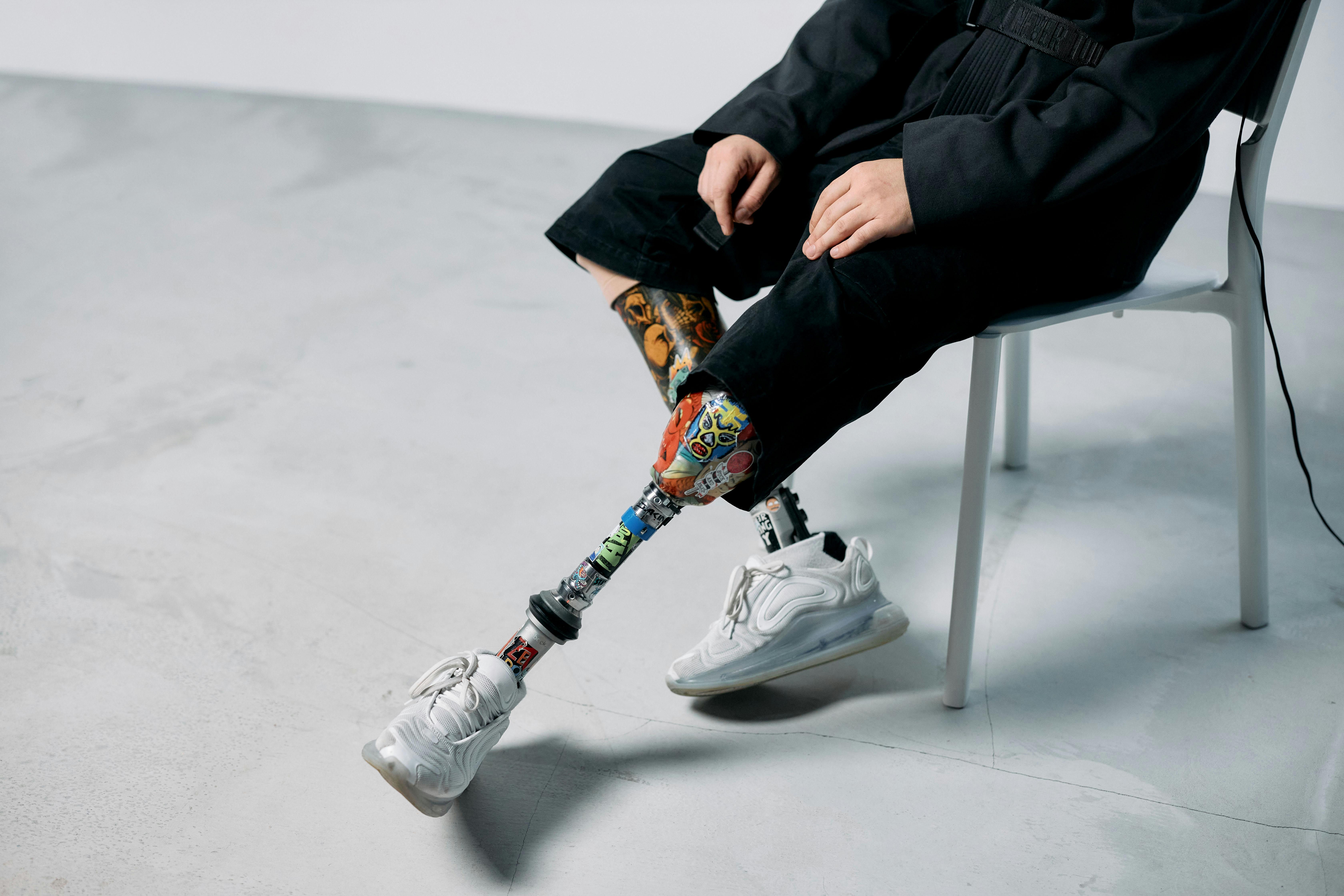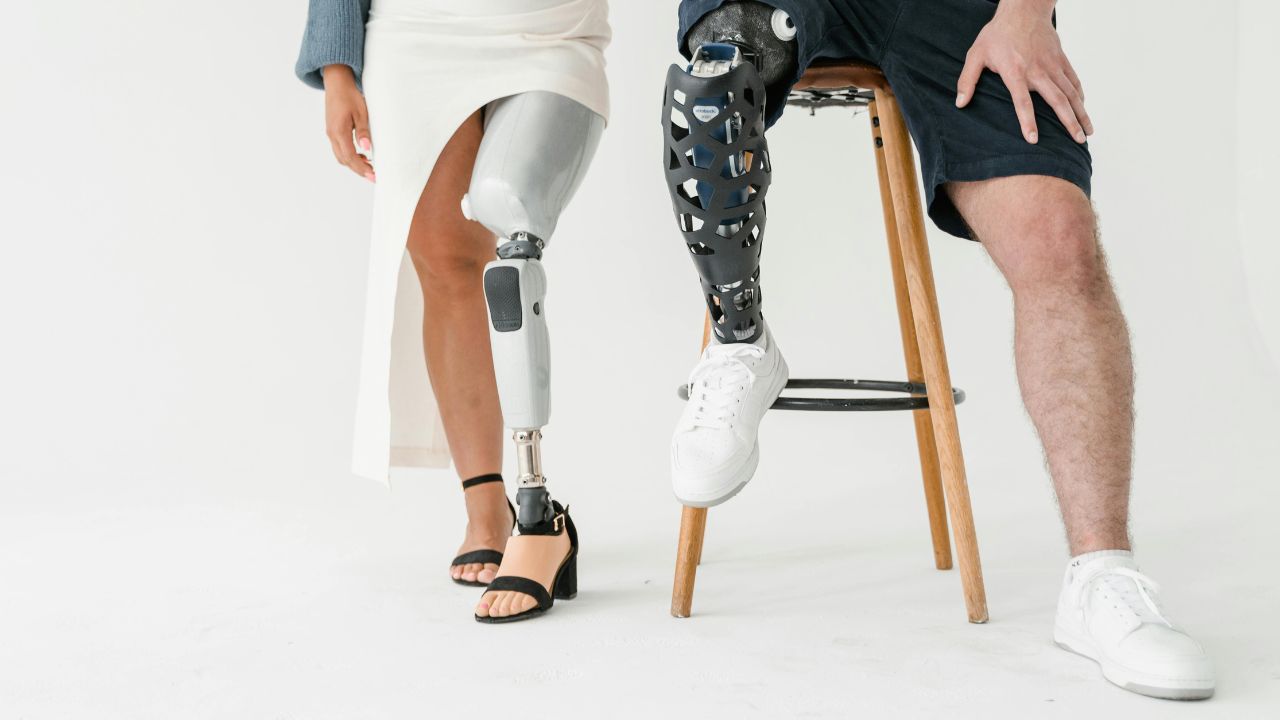The field of prosthetics and orthotics is a fascinating and rewarding one that offers immense opportunities to make a difference in the lives of others. With the increasing demand for rehabilitation services, there is a growing need for qualified professionals in this field. The Bachelor in Prosthetics and Orthotics (BPO) program is designed to provide students with the knowledge, skills, and training necessary to become competent prosthetists and orthotists.
What is Prosthetics and Orthotics?
Prosthetics and orthotics are two closely related fields that deal with the design, fabrication, and fitting of artificial limbs (prostheses) and supportive devices (orthoses) for individuals with physical impairments or disabilities. Prosthetists specialize in the replacement of missing body parts, while orthotists focus on the design and fabrication of devices that support or correct musculoskeletal deficiencies.
Admission Process for BPO Program Without NEET
Unlike medical programs that require candidates to qualify for the National Eligibility cum Entrance Test (NEET), the BPO program does not have NEET as an eligibility criterion. This opens up the opportunity for students from various backgrounds to pursue a career in this field.
The admission process for the BPO program typically involves the following steps:
- Meeting the minimum eligibility criteria (10+2 with Science stream or equivalent)
- Submission of an application form
- Appearance for an entrance exam or an interview
- Selection based on merit
BPO Program Curriculum
The BPO program curriculum is designed to provide students with a comprehensive understanding of the field of prosthetics and orthotics. It covers a wide range of subjects, including:
- Anatomy and Physiology
- Biomechanics
- Materials Science
- Assistive Technology
- Prosthetics and Orthotics Fabrication
- Clinical Practice
- Rehabilitation and Disability Management
Career Opportunities
Upon completion of the BPO program, graduates will be equipped to pursue a rewarding career in the field of prosthetics and orthotics. They can work in various settings, including:
- Hospitals and rehabilitation centers
- Prosthetic and orthotic clinics
- Research and development laboratories
- Manufacturing companies
- Educational institutions
Job Roles
Prosthetists and orthotists perform a variety of job roles, including:
- Assessing and evaluating patients with physical impairments
- Designing and fabricating prostheses and orthoses
- Fitting and adjusting devices
- Monitoring patients’ progress and providing rehabilitation guidance
- Collaborating with other healthcare professionals
Salary of Prosthetics and Orthotics
The salary expectations for prosthetists and orthotists vary depending on factors such as experience, geographic location, and employer type. According to the Statistics, the median annual salary for prosthetists and orthotists in India is ₹400,000 – ₹600,000 per year.

Personal Attributes for Success
To be successful in the field of prosthetics and orthotics, individuals should possess the following personal attributes:
- Strong compassion and empathy
- Excellent communication and interpersonal skills
- Detail-oriented and meticulous work ethic
- Ability to work independently and as part of a team
- Analytical and problem-solving skills
- Commitment to continuous learning and professional development
Conclusion
The Bachelor in Prosthetics and Orthotics (BPO) program offers a unique and rewarding career path for individuals passionate about helping others overcome physical challenges. While NEET is not a requirement for admission, the program provides a comprehensive curriculum that equips students with the knowledge, skills, and training necessary to become competent prosthetists and orthotists. With its diverse career opportunities and competitive salary expectations, the BPO program is an excellent choice for students seeking a fulfilling career in the healthcare field.
Related Topics:
FAQs on BPO Without NEET
1. Q: What is BPO?
A: Bachelor in Prosthetics and Orthotics (BPO) is a three to four-year undergraduate program that prepares students to design and fabricate custom medical devices, such as artificial limbs, orthoses, and prostheses.
2. Q: Can I pursue BPO without NEET?
A: Yes, many universities and colleges in India offer BPO programs without requiring NEET qualification.
3. Q: What are the eligibility criteria?
A: Typically, applicants should have passed 10+2 with Physics, Chemistry, and Biology or Mathematics. Some institutions may have additional requirements.
4. Q: Which colleges offer BPO programs without NEET?
A: Some colleges that offer BPO without NEET include:
1) Christian Medical College, Vellore
2) Kasturba Medical College, Mangaluru
3) National Institute of Orthopaedics and Rehabilitation, Kolkata
5. Q: What is the scope of BPO in India?
A: There is a growing demand for prosthetics and orthotics professionals in India due to the increasing prevalence of physical disabilities and accidents.
6. Q: What are the career opportunities after BPO?
A: Graduates can work as Prosthetists/Orthotists, Rehabilitation Engineers, or in related fields such as biomedical engineering and product development.
7. Q: Is BPO a well-paying career?
A: Yes, Prosthetists/Orthotists can earn a respectable salary in India. The exact salary depends on factors such as experience, location, and employer.
8. Q: What are the skills required for BPO?
A: Students pursuing BPO should have an aptitude for science, technology, and patient care. Good communication and critical thinking skills are also essential.
9. Q: Can I pursue higher studies after BPO?
A: Yes, graduates with a BPO degree can pursue Master’s and Doctoral programs in related fields such as Prosthetics, Orthotics, or Rehabilitation Science.
10. Q: Where can I find more information about BPO?
A: You can contact the universities and colleges offering BPO programs, visit their websites, or consult with career counselors for more details.

Hi there, I’m Dr. Danish, the person writing on Mini NEET. I’m a doctor, and I want to make it easier for you to understand the NEET exam and medical studies.
I know how tough it can be to get ready for NEET. That’s why I’m here to give you simple and helpful advice to make studying easier.
I want Mini NEET to be a place where you feel supported and encouraged. Whether you’re just starting out or already studying medicine, I’m here to help you succeed.
Let’s work together on Mini NEET to make your journey in medicine a little bit easier.

